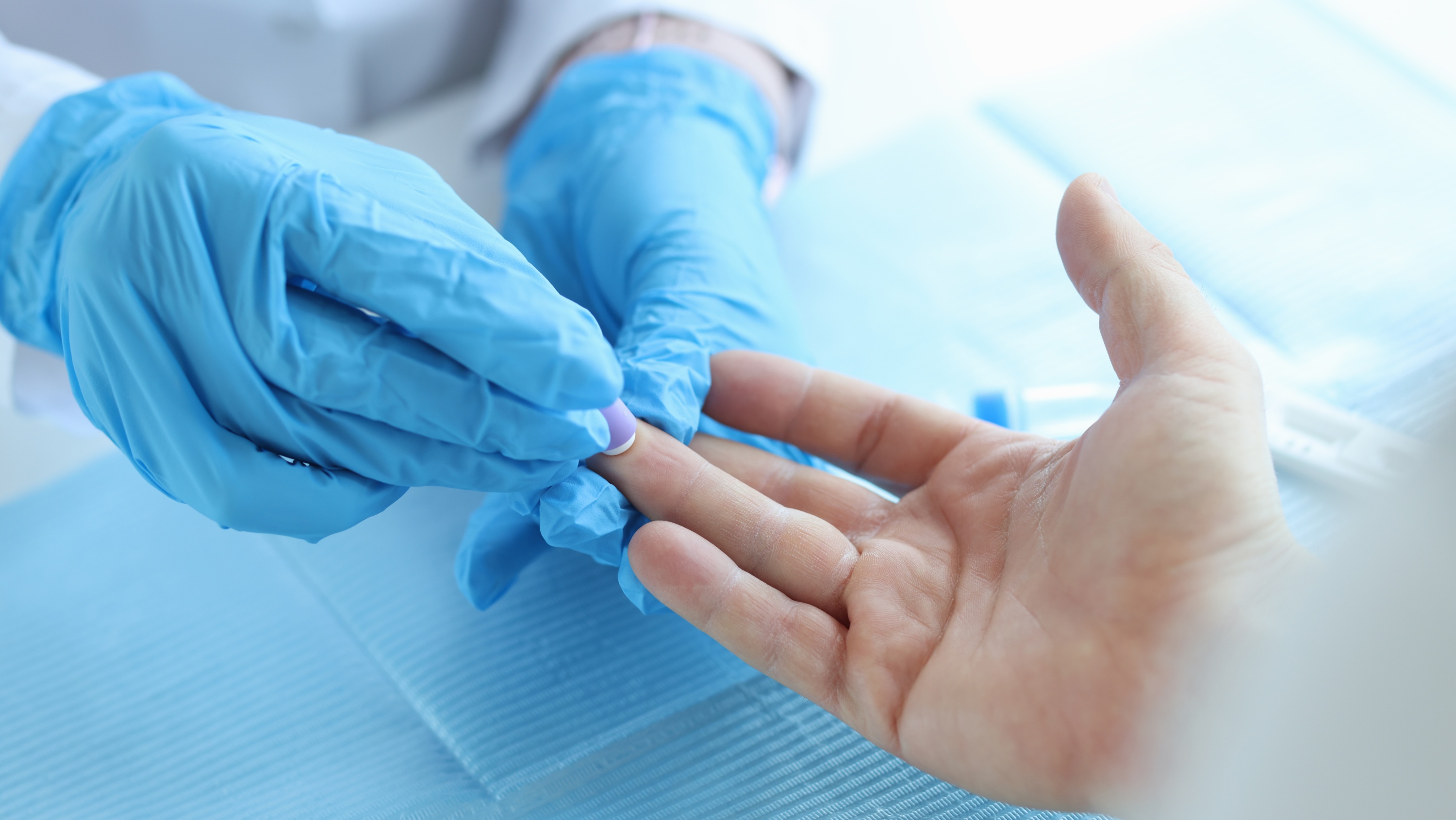UPDATE: April 24, 2024 Ameeta Singh, clinical professor of medicine, has been awarded $400,000 from the Canadian Institutes of Health Research to improve access to syphilis and HIV testing in a rural First Nations community. The project will evaluate how implementing a team-based approach affects the delivery of rapid/point-of-care testing services for syphilis and HIV in a community affected by Alberta’s syphilis outbreak. The test provides a result in less than a minute, allowing people who test positive for syphilis to begin treatment immediately. People who test positive for HIV will be linked to other health services. Singh is partnering for this research with Unity Health Toronto, Alberta Health Services, Alberta Precision Labs, and Knowledge Users from Maskwacis Health Services and the Public Health Agency of Canada.
Health-care professionals have a new tool in their battle against Canada’s raging syphilis epidemic thanks in part to University of Alberta research. Health Canada recently approved a dual HIV-syphilis rapid test after a two-year clinical trial found it was 100 per cent accurate in identifying HIV infections and 98 per cent accurate for active syphilis.
“These extremely rapid point of care tests for the diagnosis of syphilis and HIV are much needed and a game changer for Canada,” says infectious disease specialist and principal investigator Ameeta Singh, who is a clinical professor of medicine.
“We were able to save costs associated with an additional clinic visit, reducing the number of cases lost to followup, and prevent ongoing disease transmission.”
Singh’s trial tested two devices with 1,526 participants at two emergency departments, a First Nations community, a correctional facility and a sexually transmitted infections clinic in Edmonton and northern Alberta between August 2020 and February 2022. The patients provided a single drop of blood from a fingerprick and their test results were ready within five minutes. All positive tests were confirmed with standard lab test methods. Twenty-two patients tested positive for HIV and 202 for infectious (active) syphilis. Most received same-day penicillin treatment for syphilis or were connected to HIV care.
Syphilis rates have spiked recently in Canada, according to the Public Health Agency of Canada, with the rate among women of child-bearing age going up by 775 per cent between 2016 and 2020. Fifty cases of syphilis in newborns were reported in 2020, compared with four cases in 2001. Syphilis infection increases the risk of acquiring HIV as well. An estimated 1,520 new cases of HIV were diagnosed in 2020, down slightly from 2018, according to Health Canada.
Singh’s study was jointly funded by the Canadian Institutes of Health Research, REACH Nexus, Canadian Foundation for AIDS Research, Indigenous Services Canada, Alberta Health and Alberta Health Services.
